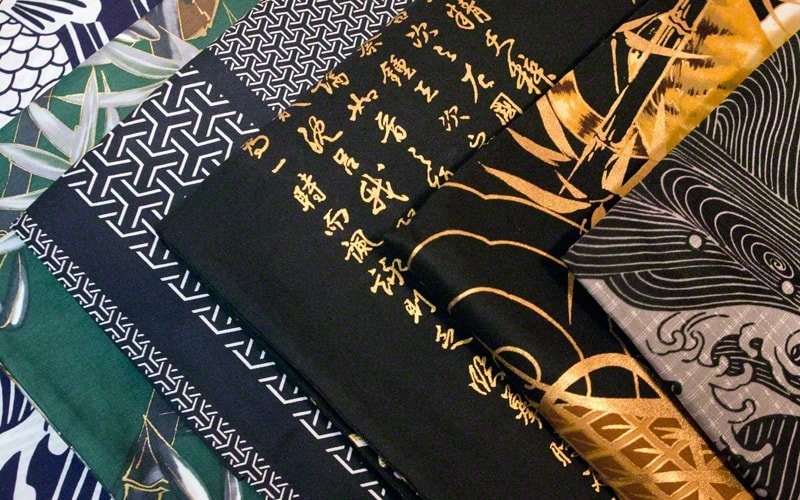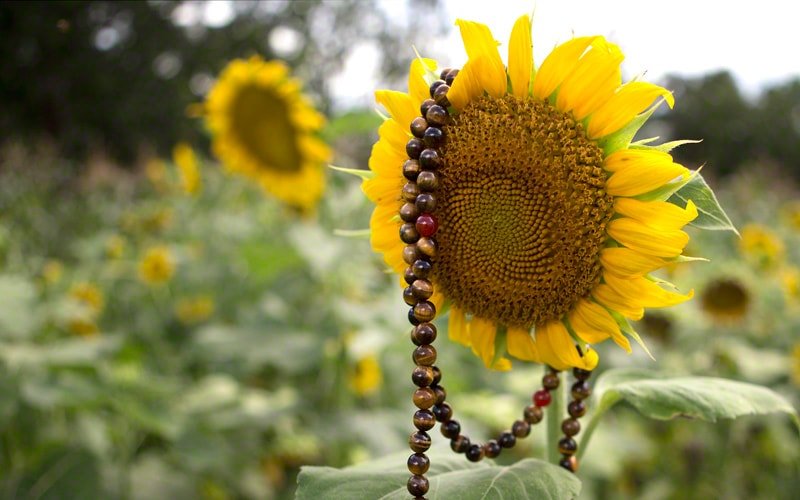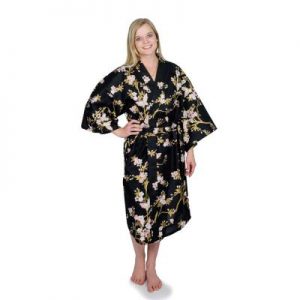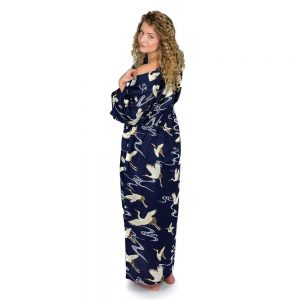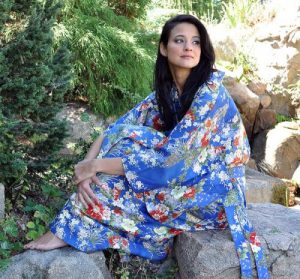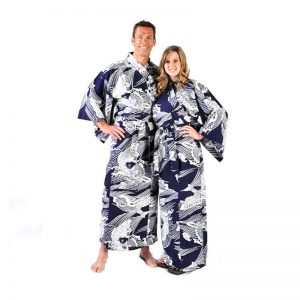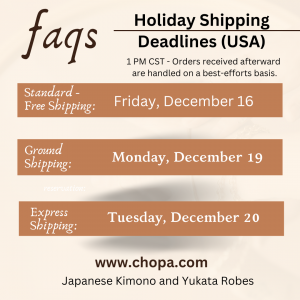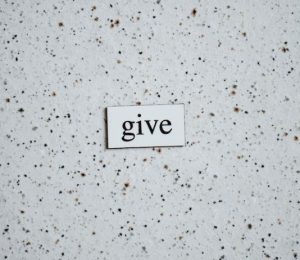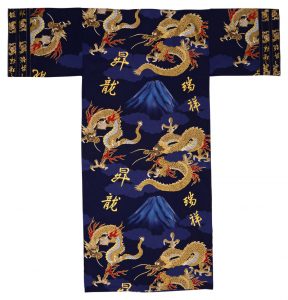A Short Guide to Japanese Yukata.
Have you ever heard of a yukata? In Japan, yukata are a type of casual summer kimono. They are often seen at festivals or worn during special occasions. These robes are also great for lounging around the house, especially in the warm summer months. Read on to learn more about this traditional fashion item.
What Is a Yukata?
A yukata is a traditional piece of clothing worn in Japan during the hot summer months. It is made from lightweight cotton fabric and is usually printed with bright colors and artistic patterns. The design of the yukata can vary depending on the individual’s preference. The traditional yukata is full-length. There is also a short-length version known as a Happi Coat. Today, because of their popularity they are worn throughout the year, especially at home.
Yukatas are worn by both men and women, but some designs are gender-specific. Traditionally, men’s yukatas feature bolder colors with simpler patterns. Women’s yukatas tend to be softer in color and feature more intricate patterns. Additionally, men’s yukatas usually have longer sleeves than women’s. However, there are no hard-and-fast rules when it comes to wearing a yukata. What matters most is that you feel comfortable and look good!
How To Wear a Yukata
Wearing a yukata is simple. While some people prefer to wear an under-robe or garment, others do not. Most people if attending a ceremony or festival will wear lightweight and form-fitting clothing under the robe. Slip the yukata over your shoulders and insert your arms. It is just like putting on a bathrobe or jacket. Fold the left side panel over the right. This is important in Japanese culture. Always wear the left side over the right side. Wearing the right side over the left is used for funerals and signifies death.
Once you have adjusted your robe to the proper and comfortable fit, tie the sash or obi around your waist. This belt can be in a matching fabric pattern or if you seek contrast and want to appear more formal, you can wear a contrasting color. Obis are frequently offered in solid colors as a kimono or yukata accessory. Tie the sash in front to keep the robe closed.
You are now ready to relax, enjoy the ceremony or attend the festival and have some fun. If you are attending a festival, Japanese headbands are commonly worn. It adds a festive appearance to your outfit and will help you get in the spirit of the event. These are usually available from any reputable kimono yukata dealer and cost less than ten dollars each.
Yukatas have been a part of Japanese culture for centuries. The robes remain popular today among people of all ages. Whether you’re attending a festival or just want something comfortable and stylish to wear around your home consider investing in one. With its lightweight fabric and vibrant patterns, wearing a traditional Japanese yukata is sure to keep you cool (and looking great) all season long. Select a yukata made with high-quality cotton fabric for easy care including machine-washable. Visit Chopa – Your Kimono Source for a wide selection of yukatas and kimonos in many sizes for men, women, and kids.

